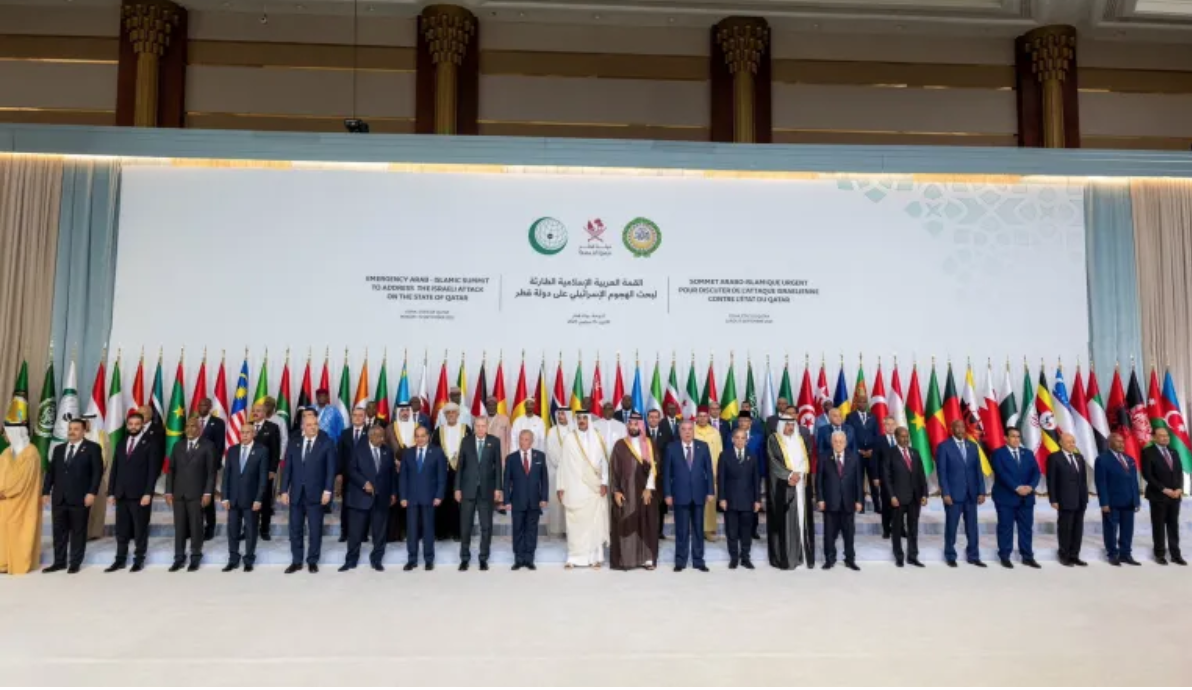The Adani Power deal, signed in 2017, remains one of the most contentious and emblematic examples of Bangladesh’s flawed energy strategy. The agreement to import electricity from India’s Godda Thermal Power Station at a fixed rate for 25 years has proven to be economically burdensome and strategically shortsighted. While the deal was initially hailed as a step towards addressing Bangladesh's energy crisis, its long-term consequences demonstrate how poorly negotiated contracts can undermine the country's energy security and financial stability.
At the core of the issue lies the exorbitant cost of electricity. The rate of BDT 14.02 per unit, compared to the domestic rate of BDT 8.77, places an undue financial burden on consumers and industries. This price disparity cannot be justified, particularly when considering Bangladesh’s ongoing energy shortages and the significant costs borne by consumers. Adani’s electricity prices are not just high but disproportionately so, considering the relatively low-quality energy infrastructure on both sides of the border. The agreement’s terms lock Bangladesh into an unsustainable pricing structure that fails to account for future inflation or energy market fluctuations, effectively hamstringing the country’s ability to seek more competitive alternatives.
Additionally, the contract’s financial arrangements have been questionable at best. The withholding of tax benefits, which results in an additional $28.6 million annually, represents a stark example of financial mismanagement. Such benefits, if transferred appropriately, could have alleviated some of the financial pressures faced by the country. However, the lack of transparency and accountability in the contract’s financial terms calls into question the motivations behind the deal. The failure to pass on tax benefits is a clear example of how Bangladesh’s lack of contractual safeguards has led to significant financial leakage.
One of the most critical failures of the deal is the lack of flexibility and the unilateral adjustments made by Adani, including supply reductions. These supply reductions, which reached 60% at one point, were a direct violation of the contract’s terms and left Bangladesh vulnerable to energy shortages. In a country already struggling with an energy crisis, such disruptions could have far-reaching consequences for the economy and public welfare. The contract does not adequately address penalties for such violations, which speaks to the broader issue of Bangladesh's weak bargaining position and the lack of foresight in its energy procurement strategy.
The Adani deal also raises serious questions about the capacity of Bangladesh’s energy regulatory framework to negotiate favorable deals. In the future, Bangladesh must insist on stricter contract terms that include cost transparency, flexibility in supply, and protection against unilateral changes. Introducing clauses for independent monitoring and third-party audits could prevent such situations from arising again. Furthermore, addressing the currency risks by negotiating contracts in local currency, along with measures to ensure the pass-through of tax benefits, would provide more stability and reduce exposure to external financial shocks.
In conclusion, the Adani Power deal serves as a cautionary tale for Bangladesh’s energy sector. It highlights the risks of poorly negotiated contracts and the consequences of neglecting transparency and flexibility in international agreements. As Bangladesh moves forward, it must take these lessons seriously to avoid repeating such costly mistakes in future energy deals. Without a fundamental shift in how the country approaches energy procurement, its energy crisis will likely persist, stunting its broader economic development





